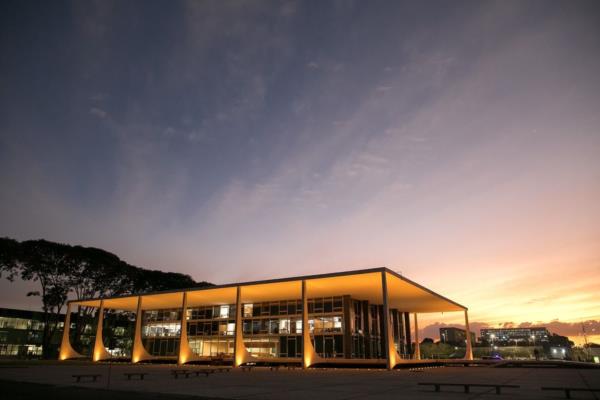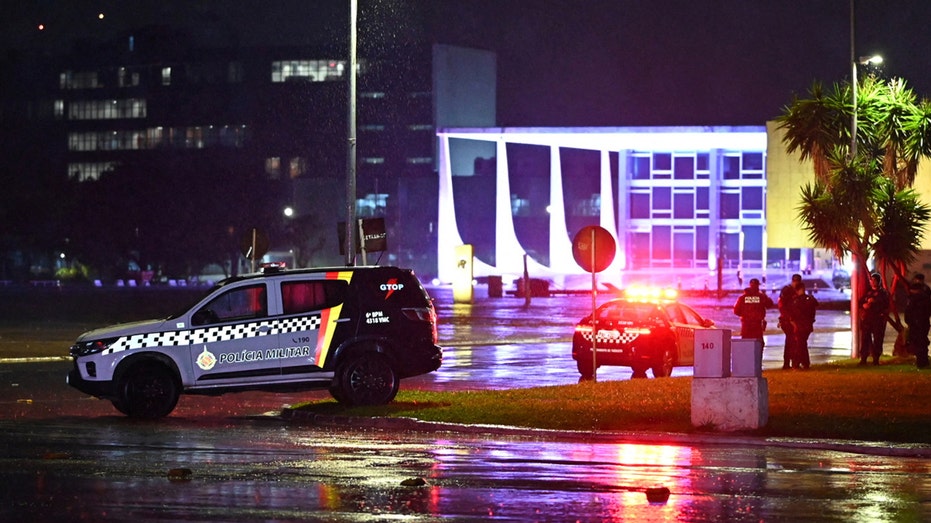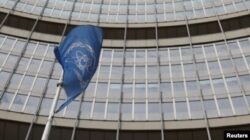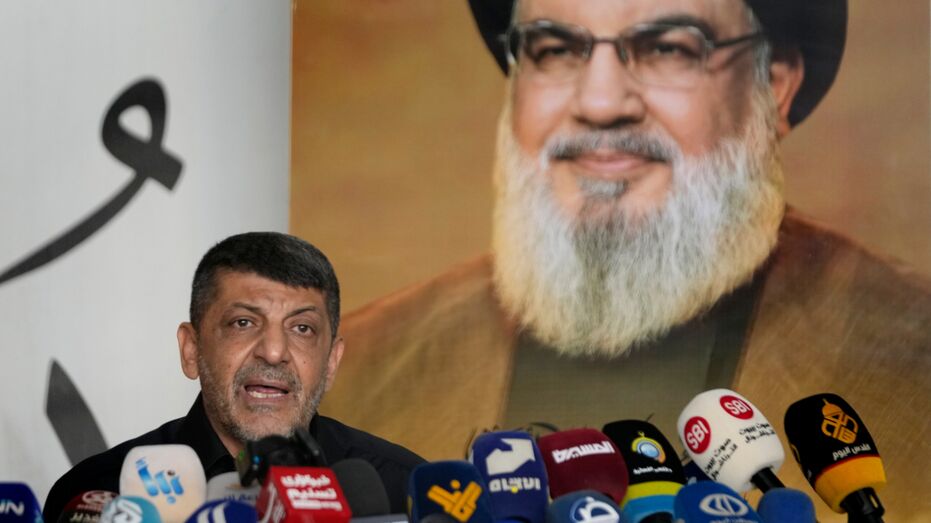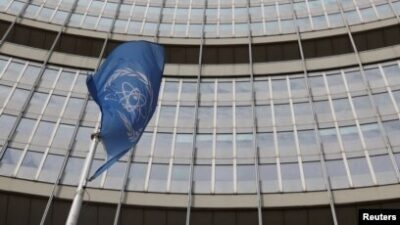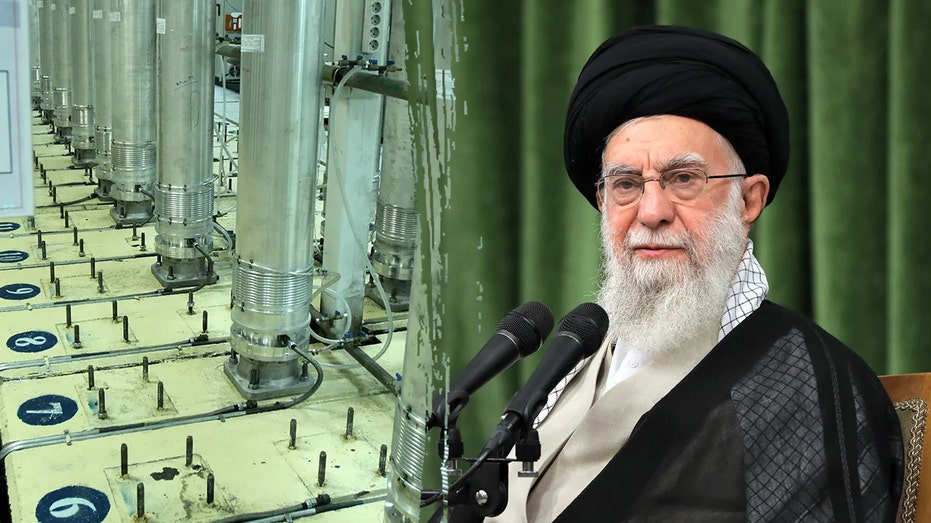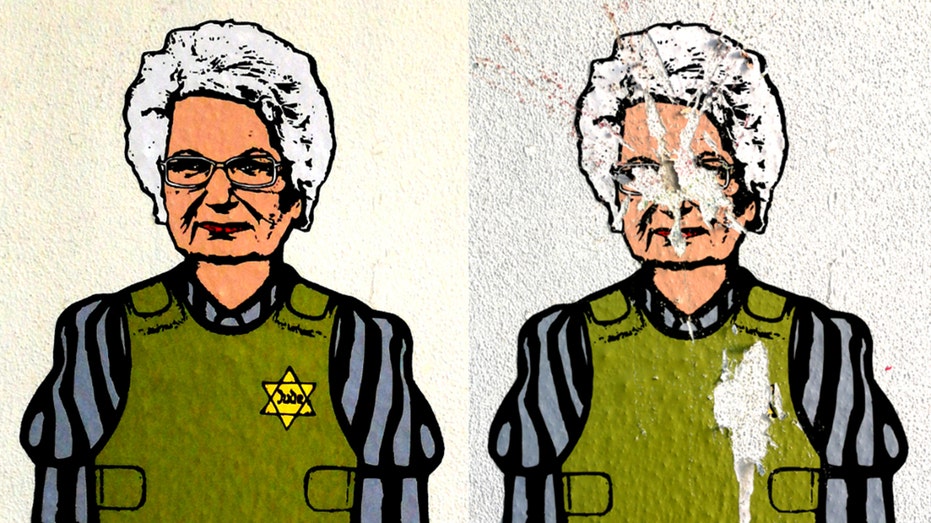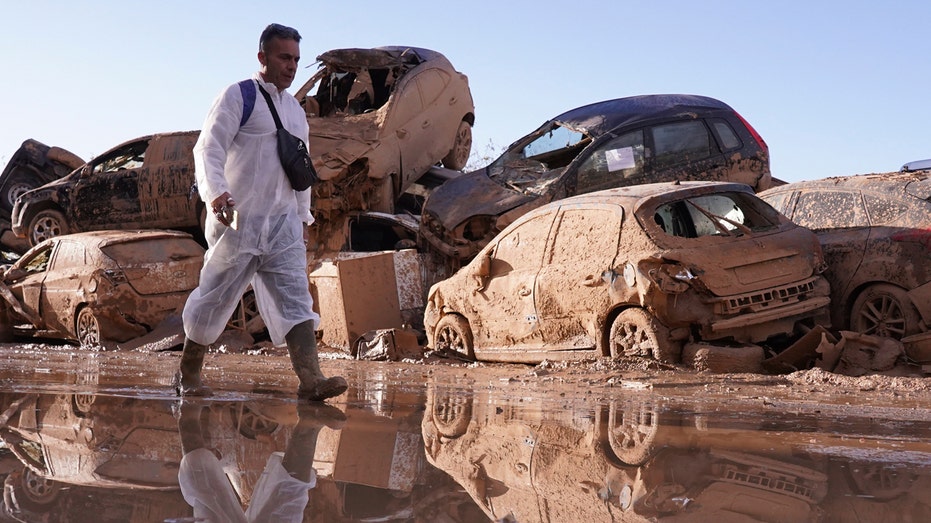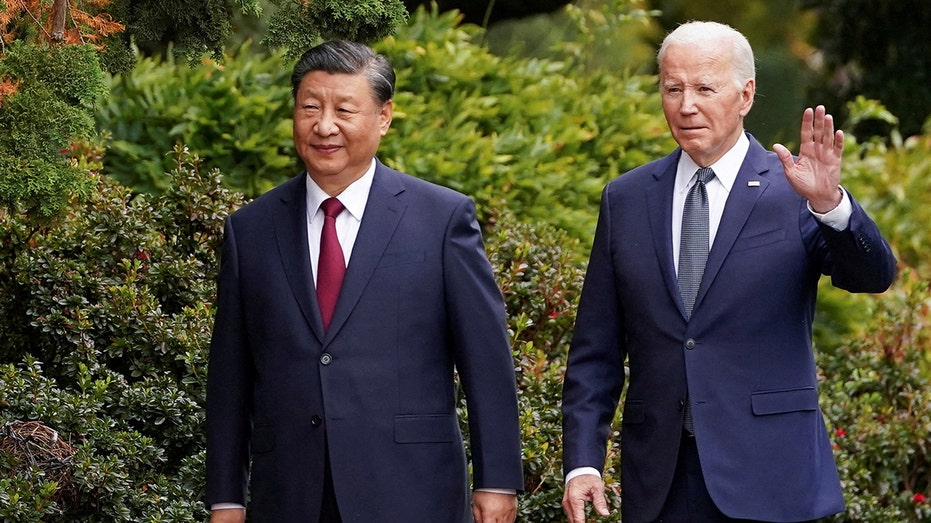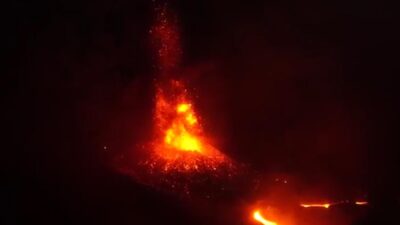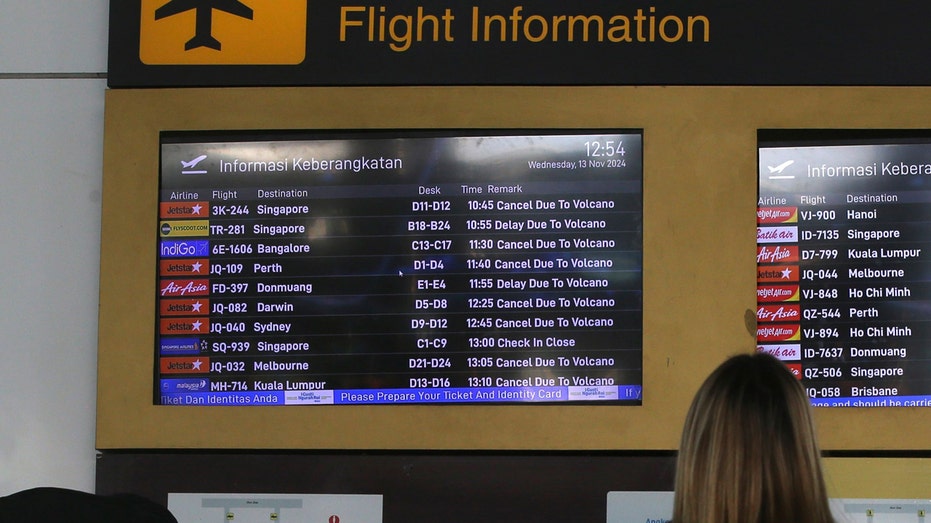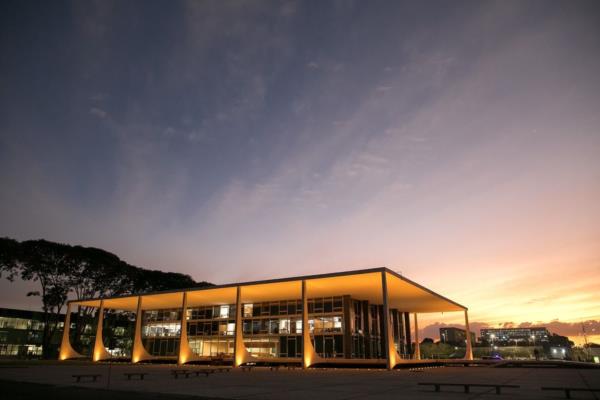
Security Concerns Heightened After Explosions Near Brazil’s Supreme Court
Brasília, Brazil – Late Wednesday night, Brazil’s Supreme Court was evacuated following two explosions that echoed through the area near Congress and the presidential palace. The timely evacuations and subsequent security responses raised alarms regarding the safety of the capital, especially with the imminent G20 summit set to take place in just five days.
Immediate Response and Evacuations
The first explosion ripped through a parking area adjacent to the Supreme Court, just moments after justices had concluded a plenary session. A swift evacuation followed, ensuring that no court officials were harmed in the incident. In a formal statement, the court confirmed the safety of its justices while acknowledging the seriousness of the situation.
Federal police were quick to respond, sending a bomb squad to the scene to assess the situation in the central square of Brasília, known as the Plaza of the Three Powers. This area is significant as it physically embodies the three branches of Brazil’s federal government. Brazil’s solicitor general characterized the explosions as an “attack” on social media platforms, adding an ominous layer to the unfolding narrative.
Casualties and Investigation
Local authorities reported a grim discovery: one individual was found dead in the vicinity, with an explosive device attached to him. The police indicated that the body would be examined with extreme caution to prevent any further detonations. This tragic detail not only adds to the gravity of this incident but raises questions about the intentions behind the eruption of violence.
A History of Unrest
The Plaza of the Three Powers has witnessed significant unrest in the past, most notably on January 8, 2022, when supporters of former President Jair Bolsonaro laid siege to the area, protesting against the presidential election results. This historical context amplifies the concerns surrounding recent incidents and the potential for escalating tensions.
Government Responses and Security Protocols
In the wake of the explosions, President Luiz Inácio Lula da Silva had reportedly left the executive palace mere moments before the blasts occurred. Such close timing naturally raises questions about the adequacy of security measures currently in place at one of the nation’s most vital governmental centers.
As Brazil gears up to welcome global leaders for the upcoming G20 summit, security concerns are understandably on high alert. Officials have been scrambling to reinforce security protocols to prevent any further incidents that could mar the international event. The looming presence of leaders from various nations necessitates a fortified infrastructure to ensure their safety during this worldwide gathering.
The Broader Implications
This series of explosions could have broader implications beyond immediate safety concerns. With a significant state visit scheduled for the same week—Chinese President Xi Jinping’s planned trip to Brasília—the Brazilian government faces the dual challenge of ensuring domestic safety and managing the complexities of international diplomacy.
These events have heightened anxiety among citizens and government officials alike regarding the potential for civil disturbances and the stability of governance in Brazil. The interplay between these incidents, Brazil’s political landscape, and its position on the global stage underscores the multifaceted challenges facing the government.
Public Reactions
As news of the explosions reverberated through Brazilian media, public reaction was swift and steeped in concern. Citizens took to social platforms, expressing fears for their safety and questioning the effectiveness of existing security measures. Social media platforms lit up with discussions reflecting a mixture of confusion, fear, and resolve from the public. The openness and immediacy of social media have transformed how such incidents are recorded and discussed, creating a digital space for civic engagement.
Looking Ahead
As investigations continue and security concerns mount, the Brazilian government has reiterated its commitment to maintaining order and security during the upcoming G20 summit. All indications suggest that authorities will implement heightened security measures and conduct thorough investigations in the wake of the explosions.
The narrative surrounding these explosions is still evolving, but what remains clear is that Brazil is at a critical juncture, balancing national security with international diplomatic responsibilities. The hope is that through vigilance and comprehensive security strategies, Brazil can navigate these turbulent waters without further incident.
As we move closer to the G20 summit, all eyes will be on Brasília, monitoring not just the political dialogue that emerges but also how effectively the nation can ensure the safety of its people and guests alike.

